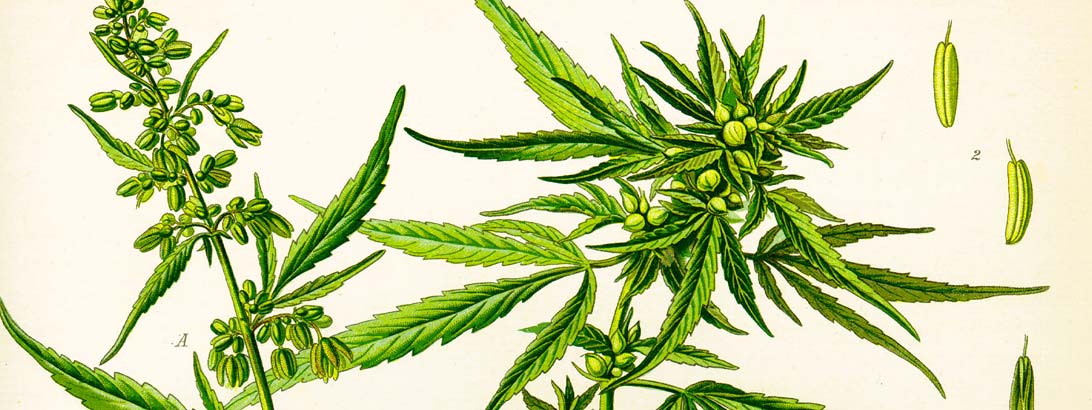Niagara-on-the-Lake’s Tweed Farms wants in on the federal government’s plan to legalize recreational marijuana.
“We’re keeping a close eye and trying to be active in that discussion,” said Jordan Sinclair, director of communications for the medical marijuana production facility on Concession 5 Road that is licensed by Health Canada.
“They’ve opened up the possibility of submitting suggestions to the task force, so that we can weigh in on what we think the regulation and the legislation should look like when they do get to tabling it.”
He said Tweed is also monitoring what other stakeholders are saying.
“We’re the only G20 country in the world that’s going to be taking this on, so we think that it’s a great opportunity.”
In April, Health Minister Jane Philpott announced marijuana legalization laws would be introduced next spring, with the federal government later announcing a task force to study how regulation could work.
Sinclair said if legalization of recreational marijuana happens, Tweed’s two facilities in Niagara-on-the-Lake and Smiths Falls will “definitely” pursue that market.
“The medical market is growing really, really quickly. We’re actually ramping up the production in both of those facilities to be able to meet the demand,” he said.
“We feel that we are in a really, really good position for the recreational space. Now it’s just going to boil down to how much more capacity are we going to have to add to be able to be a really big player in that market as well.”
The Niagara-on-the-Lake operation began growing medical marijuana in just 35,000-square-feet under glass in 2014. It then grew and was licensed to use up to 350,000-square-feet for production, making it the largest legal marijuana growing operation in Canada, if not the world.
Earlier this year, the operation reached the next step in its expansion, by adding a separate 24,000-square-foot building for post-harvest and storage.
Its completion has allowed them to hire more staff.
About 50 people work at Tweed Farms, but that can double during harvest time, said Sinclair.
“Over the past couple of years, we’ve been incrementally enhancing all the licenses, so whether that’s more grow rooms or more space … there’s always just steps that we’re taking forward,” he said.
Sinclair didn’t want to discuss the exact number they think they can produce, but noted 350,000-square-feet equates to “a number of football fields worth of production.”
“At this point, we think that we can pull in one harvest more than we’re currently licensed to produce by Health Canada,” he said.
“We think that the capacity that we’re capable of right now is many, many times more than we’re currently licensed to produce.”
Sinclair said the two facilities are in small towns. Smiths Falls is in eastern Ontario, with a population of about 9,000. Niagara-on-the-Lake’s population is about 15,500.
“It’s certainly a good boon for a small town to have a new employer, especially when it’s growing at a rapid rate,” he said.
“Then I think it’s just about presenting the best product that we can. I think that there’s going to be a number of competitors in the States that are going to be looking to do the same thing, but transitioning from medical to recreational is just going to be a multiplier on our business.”
When asked about any increased security concerns that may arise from the legalization of recreational marijuana, Sinclair said “one of the greatest things about the regulations that we have is the security requirements.
“We’ve got cameras, we’ve got motion censors, lasers, all these other things to make it as secure as possible.”
Sinclair said Tweed Farms is a combination of what one would expect from an agricultural facility, “in that we’re growing in a very environmentally sustainable way,” and also by using state-of-the-art technology.
“We’ve got rain-capture systems, we’re using natural sunlight to grow the plants, but then we kind of pack on a lot of state-of-the-art technology as well,” he said.
“We’ve got a process that’s called tissue-culture cultivation, and what that basically means is you take the plants and splice it down almost to the molecular level, so that you can have genetically identical plants on a really broad scale.
“That helps us with consistency, which is really important in the medical market and I think will also transition over to the recreational market.”
Sinclair said the facility has received support from the local chamber of commerce, and continues to reach out to other stakeholders.
“We have people in to tour the facility to get a sense of who we are, of what we’re trying to accomplish,” he said.
“I think that once you introduce yourself, you kind of remove that doubt, that initial hesitance that someone might have, (and) they just look at you as a credible business and a market that’s about to explode.”
Mishka Balsom, chief executive officer of the Greater Niagara Chamber of Commerce, said Tweed Farms is “well positioned” to expand their production from medicinal to recreational marijuana.
She said in talking with company officials, the Niagara-on-the-Lake facility is “able to handle and work at a much greater output and capacity than what they currently are.”
Balsom said most of Niagara is unaware of Tweed Farms, but when they understand what the facility does, they’re impressed.
“Most people are not really aware that this facility is actually right in our backyard. I was privileged enough to actually … have had a tour of the facility, and it’s quite impressive.”
She said the chamber hopes production facilities such as Tweed, as well as municipalities, will be part of consultations about the legalization, regulation and restriction of recreational marijuana.
“Bring the public and private sector forward. Let’s get into the discussion ahead of time. It’s not a question of legalizing or not. It was a federal government initiative, (the federal Liberals) ran on that platform, they said they will do it. It’s just us getting ahead of the game.”
Original article: http://www.thoroldedition.ca/2016/10/14/notl-business-to-benefit-from-legalizing-pot



